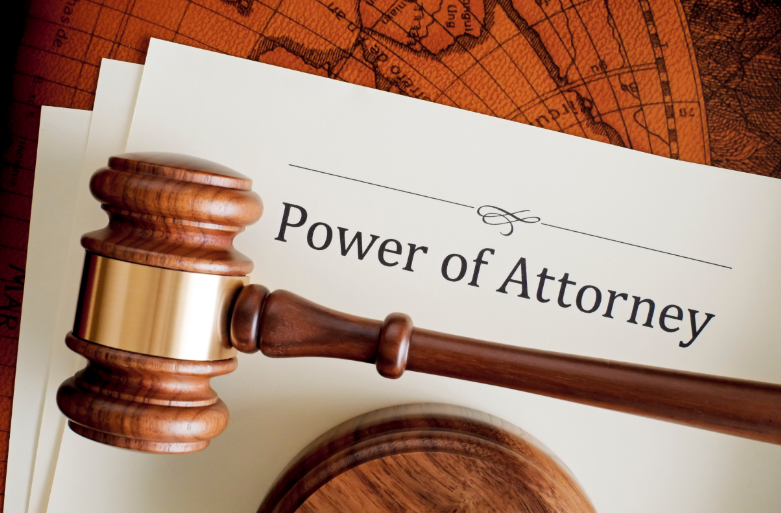WHAT ARE POWERS OF ATTORNEY AND WHY DO I NEED THEM?
I. What is a POA?
A Power of Attorney (aka POA or letter of attorney) is a written authorization to represent another person or to act on behalf of another person in any private matter, such as financial, mental or physical health, and welfare, in a business matter, or in another type of legal matter.
II. Requirements for a POA
In order for a POA to be legally recognized and effective, the following conditions must be met:
a. Capacity. The person who will be represented is known as the grantor because they grant power to a representative. The represented person may create a POA only if they have the requisite mental capacity to do so. It’s important to create a POA when the grantor has the required mental capacity to be in place and effective when and if the grantor becomes incapacitated.
b. Oral or Written. Powers of Attorney may be either oral or written depending upon the controlling law within the grantor’s jurisdiction. It is better by far to create a written POA to avoid delay and litigation.
c. Equal Dignity. The equal dignity rule requires a specific written grant of power if the grantor wants their representative to perform certain functions requiring writing. One example would be that, if the grantor wants the representative to sell their house, the grantor must authorize their grant of power to sell their house in writing.
d. Execution. The grantor must sign and date the POA for it to be legally enforceable. Most states also require that the grantor’s signature be witnessed and possibly even notarized. To avoid delay and litigation, it’s best to have a POA both witnessed and notarized.
III. Types of POA
a. Durable. A grantor may create a durable power of attorney by adding “durable provisions.” These provisions would specifically state that the POA will continue to be effective if and when the grantor becomes incapacitated.
b. Health Care. A grantor may create a durable POA which can authorize the representative to make healthcare decisions for the grantor. Such decisions may include end-of-life healthcare decisions, including the termination of life support. This type of POA is also known as a healthcare proxy.
c. Advance Health Care Directive/Living Will. A POA similar to but separate from a health care proxy is known as an advance health care directive or living will. A living will is a written document that contains the grantor’s health care and medical wishes. Some jurisdictions allow a living will and a health care POA in the same document while others forbid it.
d. Springing. A springing POA goes into effect only upon the grantor’s incapacitation or some other pre-defined condition. Once in effect, the springing POA has equal power to a durable POA.
IV. When do I need a POA?
Powers of Attorney may be critical to protecting your financial interests, your real estate, your health care, and even your time and manner of death. If you wait to create a POA until you become incapacitated, that option will no longer be available, and you’re next of kin will likely be forced to see guardianship over you in a court of law. Not only is this time-consuming and expensive, it also has the equally undesirable potential of putting someone in power that the grantor does not want.
If you need assistance creating a Power of Attorney or have questions about which one is right for you, don’t delay! Contact an experienced attorney today at Sussan Greenwald & Wesler.
609-409-3500


